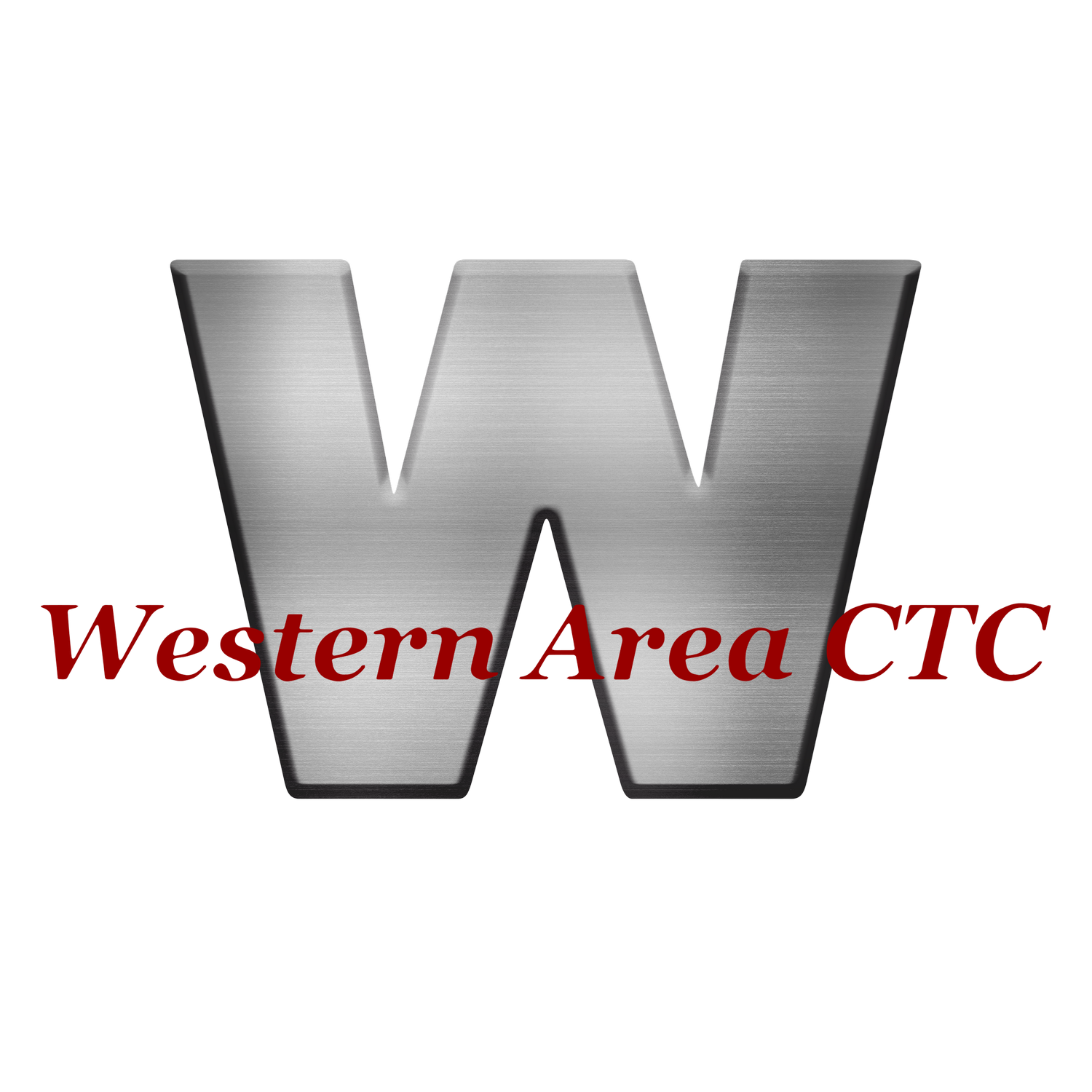Sports Medicine/Rehab Aide
Rehabilitation Aide (CIP CODE 51.2604)
Program Overview
The Sports Medicine/Rehab Aide program is a comprehensive three-year course designed to provide students with both theoretical knowledge and practical skills essential for a career in health care. During their 3rd year within the program, students will be offered the choice to pursue a certification for either the AMCA Rehab Aide or the NASM Certified Personal Trainer, depending on which area they would like to specialize in. The program’s dual focus ensures that students are well-prepared for immediate employment in healthcare settings or for further education in post-secondary institutions. The Sports Medicine/Rehab Aide program is structured to deliver a balanced education that combines classroom learning with hands-on training in our brand new lab space. We strive to not only get hands-on training in the lab, but also frequently take trips to various clinical sites to give each student a broad understanding of each clinical setting, as well as ample networking opportunities. The areas of study encompass biomechanics, kinesiology, general nutrition, anatomy and physiology, medical terminology, infection control, healthcare law and ethics, human growth and development, therapeutic modalities, and exercise science, as well as basic athletic training skills and procedures.
Sports Medicine/Rehab Aide Skills
Students will learn basic infection control techniques, such as hand washing, isolation precautions, and personal protective equipment donning and doffing procedures. They will learn how to best educate their patients on independence during activities of daily living after an illness/injury. Measuring and recording vital signs, taping and wrapping, and various transfer techniques, They will also learn how to effectively communicate with patients and their families. Additionally, candidates must be capable of recognizing and responding to emergencies, accurately documenting patient information, understanding medical law and ethics, and understanding of medical terminology. Mastery of these skills ensures comprehensive patient care in diverse healthcare settings.
By mastering these skills, candidates can meet the requirements for the Rehab Aide certification through the AMCA, as well as the NASM Certified Personal Trainer Certification-thereby enhancing their ability to provide comprehensive patient care in various healthcare settings.
Careers and Initiatives
The program emphasizes skill development, certification preparation, and job readiness, ensuring students are equipped for immediate employment. Additionally, it provides opportunities for career advancement, networking, and real-world experience through clinical placements and co-op programs. These initiatives foster critical thinking, problem-solving, and communication skills while allowing students to make a positive impact on their communities. The program also prepares students for further studies in Physical Therapy, Occupational Therapy, Athletic Training, Medical School, or other health-related fields.
Post-Secondary Training Options
Through co-op programs, students gain hands-on experience in healthcare settings, often leading to job offers upon graduation. Western Area also hosts on-site career and college fairs, providing students with direct access to potential employers and educational institutions, facilitating networking and career exploration. Additionally, Western Area has articulation agreements with various post-secondary institutions enabling students to maximize their educational opportunities and achieve their academic and career objectives more efficiently.
Certifications
- American College of Surgeons Stop the Bleed Certification
- American Heart Association BLS for Healthcare Providers
- American Medical Certification Association Rehab Aide Certification
- National Academy of Sports Medicine Certified Personal Trainer Certification
- Career Safe Bloodborne Pathogen Certification
- Career Safe HIPAA Certification
- Mandated and Permissive Reporting in Pennsylvania Certification
- NFHS Learning Center Concussion in Sports Certification
